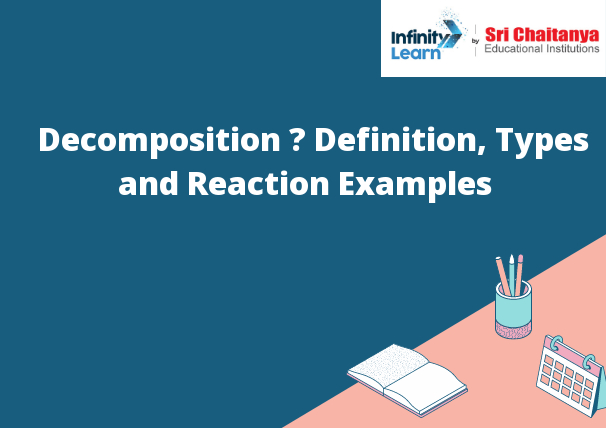Table of Contents
Definition of Decomposition
Decomposition is the natural process of breaking down a substance into its component parts. The component parts can then be reused to create new substances. Decomposition occurs when a substance is exposed to air, water, or bacteria.

Decomposition Types
There are six types of decomposition: physical, chemical, enzymatic, autolytic, bacterial, and fungal.
Physical decomposition is the process of breaking down a body into smaller, more manageable pieces. This can be done through various means such as burial, cremation, or exposure to the elements.
Chemical decomposition is the process of breaking down a body through the use of chemicals. This can be done through various means such as burial, cremation, or exposure to the elements.
Enzymatic decomposition is the process of breaking down a body through the use of enzymes. This can be done through various means such as burial, cremation, or exposure to the elements.
Autolytic decomposition is the process of breaking down a body through the use of its own enzymes. This can be done through various means such as burial, cremation, or exposure to the elements.
Bacterial decomposition is the process of breaking down a body through the use of bacteria. This can be done through various means such as burial, cremation, or exposure to the elements.
Fungal decomposition is the process of breaking down a body through the use of fungi. This can be done through various means such as burial, cremation, or exposure to the elements.
Decomposition Meaning of Chemistry
Chemistry is the study of matter and the changes it undergoes. It is the study of the composition, properties, and behavior of matter. Chemistry is a physical science that uses the principles of physics and mathematics to analyze and describe the changes that matter undergoes.
Types of Decomposition Reactions
A decomposition reaction is a chemical reaction in which a larger molecule is broken down into smaller molecules. There are several different types of decomposition reactions, each of which is described below.
1. Decomposition of a Chemical Compound
One type of decomposition reaction is the decomposition of a chemical compound into its individual elements. For example, the decomposition of hydrogen peroxide into water and oxygen can be represented by the following equation:
2. Decomposition of a Metal Oxide
Another type of decomposition reaction is the decomposition of a metal oxide into its individual elements. For example, the decomposition of zinc oxide into zinc and oxygen can be represented by the following equation:
3. Decomposition of an Ionic Compound
A third type of decomposition reaction is the decomposition of an ionic compound into its individual elements. For example, the decomposition of sodium chloride into sodium and chlorine can be represented by the following equation:
4. Decomposition of an Organic Compound
A fourth type of decomposition reaction is the decomposition of an organic compound into its individual elements. For example, the decomposition of glucose into water and carbon dioxide can be represented by the following equation:
Decomposition Reaction Examples
A decomposition reaction is a chemical reaction in which one molecule breaks down into two or more smaller molecules.
The following are examples of decomposition reactions:
1) The decomposition of hydrogen peroxide into water and oxygen:
2) The decomposition of ammonium nitrate into ammonia and nitrogen dioxide:
3) The decomposition of potassium chlorate into potassium chloride and oxygen:



